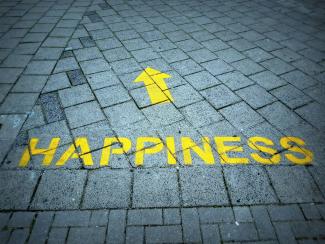
Monthly Reflection: Spending Priorities
Quote: "Don’t tell me where your priorities are. Show me where you spend your money, and I’ll tell you what they are."
- When you ask people about their values and priorities, you often get aspirational answers. They often involve family or health. People know, on some level, that these are enduring aspects of our lives.
- Often, though, people treat setting priorities as an intellectual exercise and stop there. Our calendars and bank accounts tell the truth about what we care about the most.
Question: What was the best purchase under $100 that you have ever made?
- Meaningful, enjoyable, impactful purchases don’t have to be extravagant. Many of the things we use the most that make life easier aren’t big-ticket items.
- You don’t have to break the bank to make a purchase that brings joy, comfort, or ease to you or someone else in your life.
Quill: Happy Money: The Science of Happier Spending By Elizabeth Dunn & Michael Norton
- If you think money can’t buy any kind of happiness, you might not be spending it the right way. Many people use spending to pursue pleasure, but often the ways people spend their money don’t produce the satisfaction they hope for.
- The way you spend your money can have more of an impact on your happiness than how much money you actually have or make. To increase the happiness you experience when you spend money, consider the following principles:
1) Buy experiences rather than material items for more happiness. 2) Remember that nothing lasts forever. There will eventually be an ending, so appreciate things before they’re gone. 3) Buy more time to do the things you enjoy, and delegate the things you don’t. 4) Pay now, enjoy later.
Friday Reflection: Money itself can’t buy the emotional state of peace, but there are ways that you can intentionally use your financial resources to make life more enjoyable. The spending dimension of our money lives has the potential to create tremendous pain or bring us great pleasure. Consider how you can use spending as a tool to enhance wellbeing. Focus on purchases that will last and things that will have a lasting impact long after the receipt is tossed in the trash.

